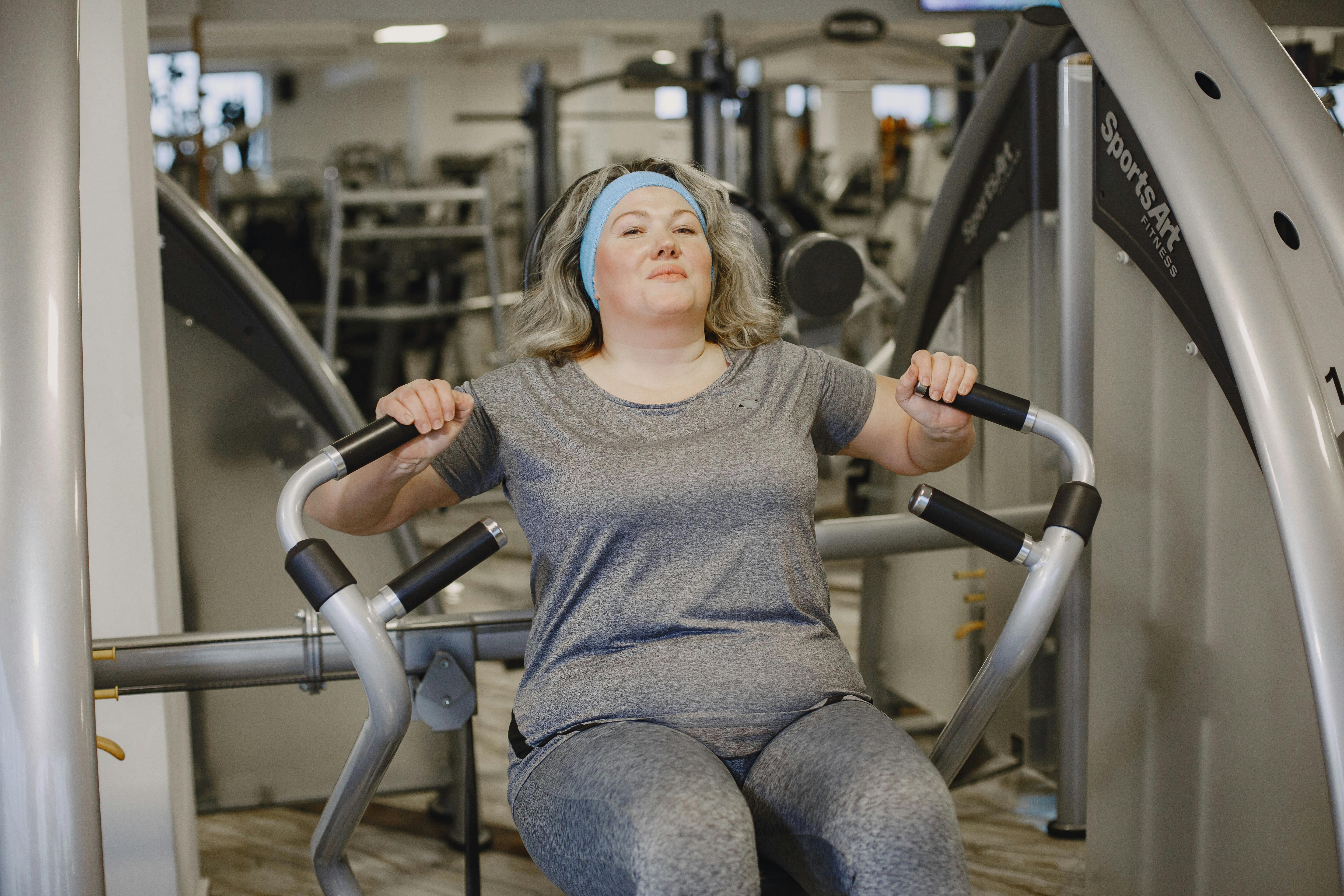
Performing cardio on an empty stomach (usually first thing in the morning after an overnight fast) has been a popular fat-burning strategy among bodybuilders for many years.
Seems to make sense…
Since there is no food in the stomach and glycogen levels are low, the body will be forced to use more body fat for energy during the session. As a result, you will lose fat faster.
But like the “eat protein every 3 hours” rule, the post-workout shake obsession, and the “eat healthy 24/7” approach, fasted cardio seems to be another traditional bodybuilding tip that falls short.
While this is ultimately a very complicated topic, let’s go over the key points…
First, the body is a much more intricate and dynamic system than most of us could imagine.
Your specific use of fuel during exercise is constantly changing and is affected by a ton of different internal factors, like different hormones and enzymes. Attempting to burn greater amounts of fat by exercising on an empty stomach is an extremely simplistic approach to a much more complex big picture.
Second, worrying about what happens in small 30- to 60-minute spurts is an incredibly myopic view of fat loss.
The process of losing fat is all about the big picture and what you do over the course of several days (not hours) is what is really important.
For example, it seems that if you burn more carbs during exercise, you’ll just end up burning more fat later in the day.
Likewise, if you burn more fat during exercise, more carbs are burned later. In other words, looking at your total energy expenditure over 24 hours seems to be the most important factor by far.
Third, cardio on an empty stomach doesn’t seem to burn more total fat compared to eating first.
Fasted cardio seems to increase lipolysis (the amount of fat broken down), but it doesn’t increase fat oxidation (the amount of fat burned).
In other words, fasted cardio causes the body to break down more fat than it can actually use for energy. And when it comes to fat loss, the limiting factor is fat oxidation, NOT lipolysis. In the end, the fatty acids that are not used for fuel are simply rebuilt as body fat.
Fourth, a meal prior to cardiovascular exercise increases the thermic effect of exercise.
Not only does fasted cardio have little to no direct effect on fat loss, but fed cardio may be superior. This is because eating first appears to increase post-exercise oxygen consumption (EPOC) due to an increase in thermogenesis (calories burned as heat).
Fifth, performing cardio in a fast state reduces the intensity of the exercise.
At the end of the day, effective cardiovascular exercise is all about maximizing the total number of calories burned. The more total intensity you generate, the greater the calorie burning effect.
For most people, performing cardio first thing in the morning on an empty stomach will have a significant negative impact on overall exercise intensity compared to eating first.
Lastly, fast cardio causes a greater degree of muscle loss.
Research has shown that nitrogen losses nearly double when cardiovascular exercise is performed on an empty stomach.
If your goal is to burn fat while maintaining as much muscle as possible, fasted cardio probably isn’t the smartest choice.
So, to sum it all up…
Fasted cardio not only appears to NOT increase fat loss during exercise, but may actually reduce the total amount of fat burned due to a decrease in post-exercise oxygen consumption and overall training intensity. Also, fast cardio causes you to lose more muscle.
Bottom line?
If you’re looking to maximize fat loss while minimizing muscle loss, it’s probably best to eat at least a few hours before your cardio sessions.
Fasted cardio does not produce any clear fat-burning benefits, and if anything, it can be counterproductive.
Leave a Reply